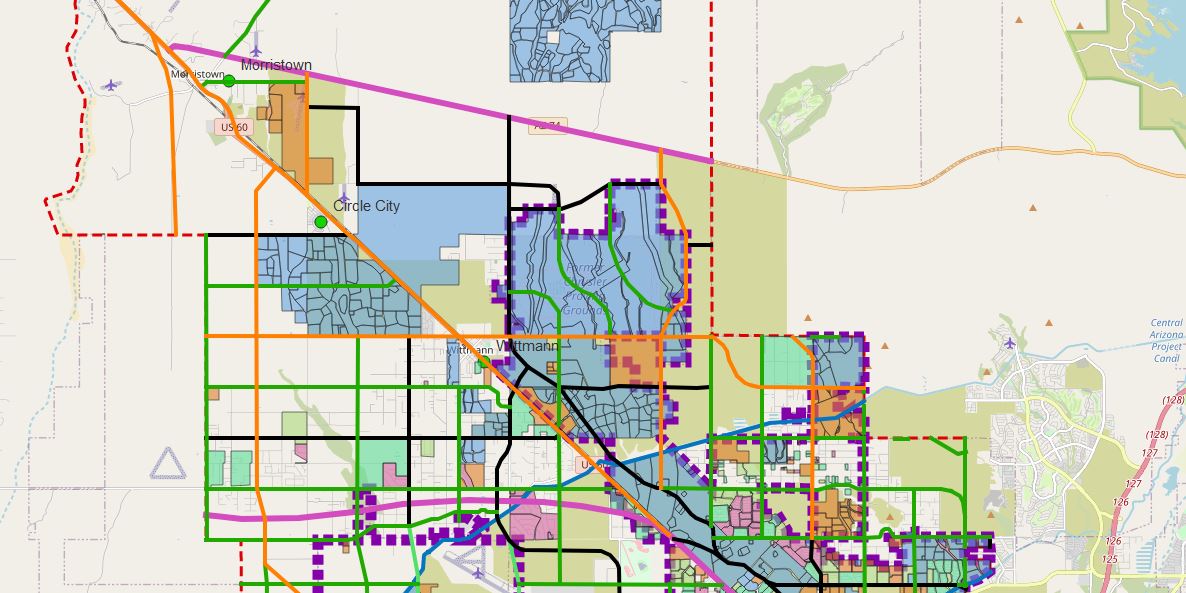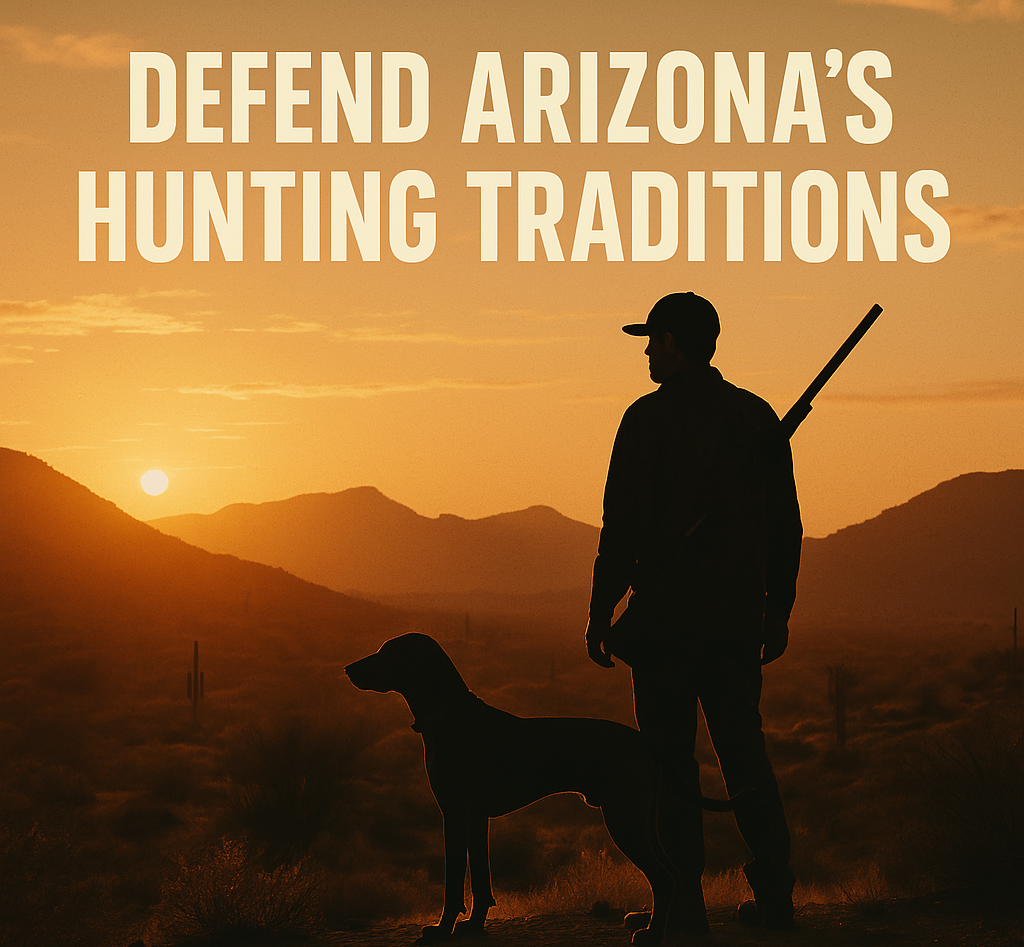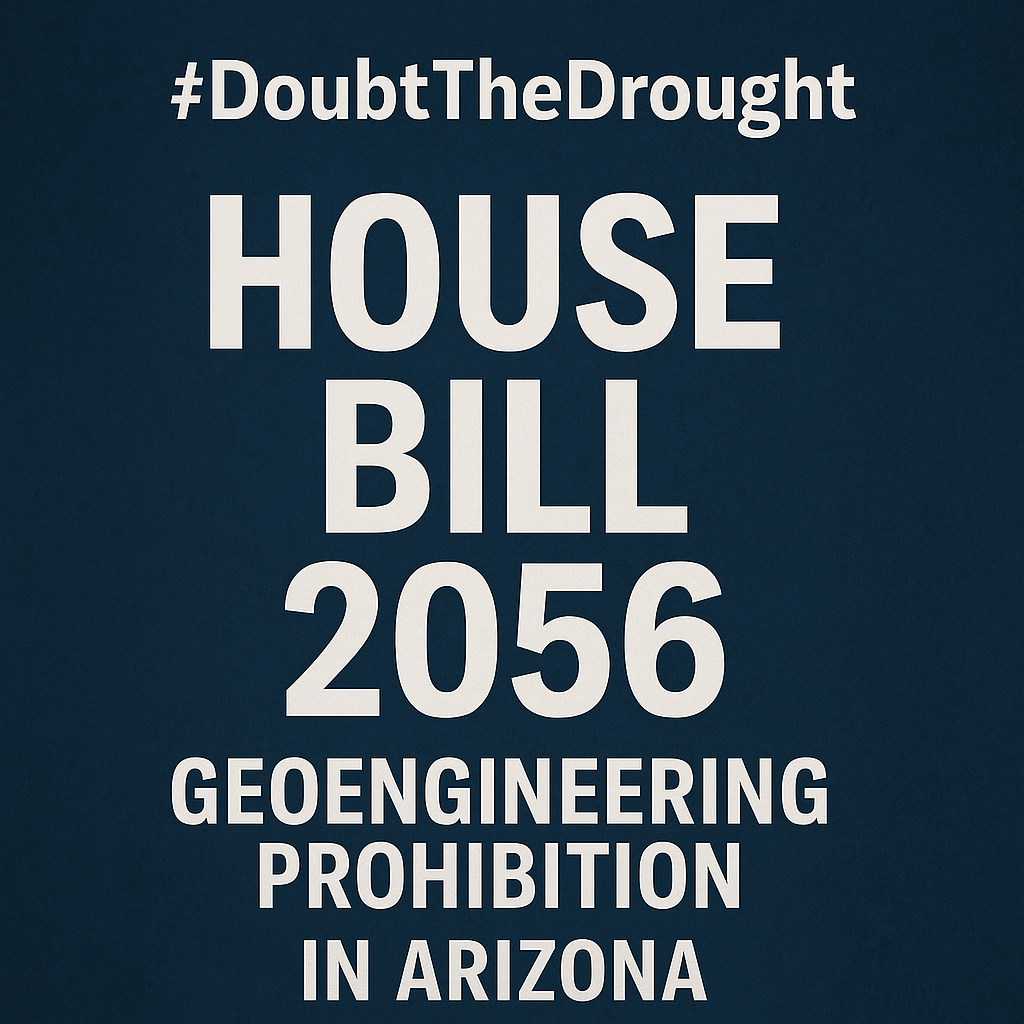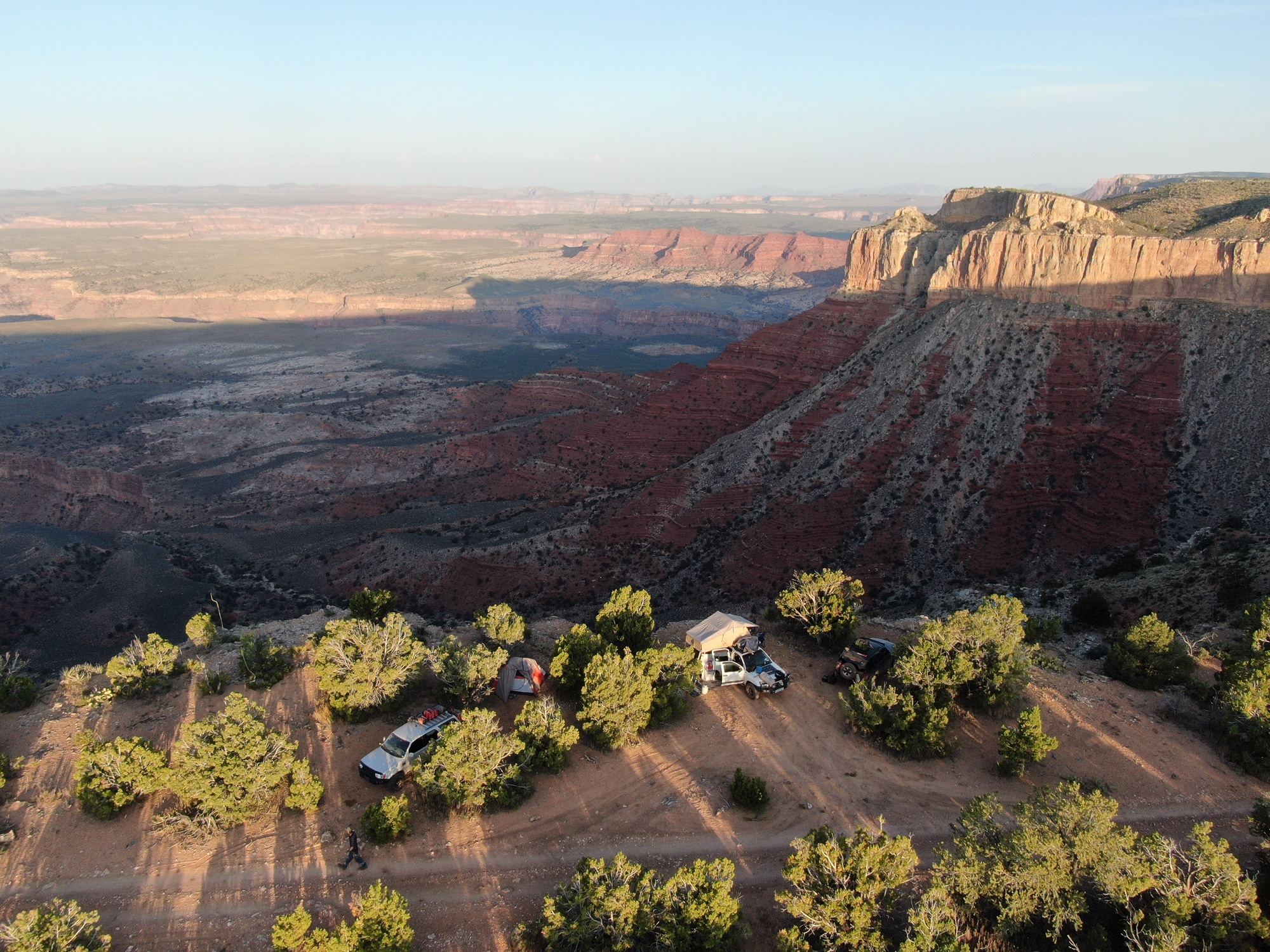Your cart is currently empty!
We cherish our rural way of life, holding it dear to our hearts. We deeply value our quiet neighborhoods, kind neighbors, reassuringly low crime rates, and the charm of our small, family-owned businesses. We are filled with delight as we witness the sunset casting its golden glow upon the thorns of the teddy bear Cholla cactus, painting a breathtaking canvas against the backdrop of towering mountain peaks, creosote bushes, and saguaro cacti.
We enjoy the wildlife that grace our backyards and the rugged dirt roads that guide us into the wilderness, offering us the extraordinary opportunity to embrace nature’s beauty. We find ourselves in awe of the tapestry of Western folklore, where tales of hidden treasure and the remnants of long-lost settlements spark our imagination, inviting us to unravel the mysteries of the past. We hold in high esteem the resilient and courageous men and women who bravely ventured into this untamed land, carving out a path for future generations. Their indomitable spirit and unwavering determination are the pillars upon which our rural way of life stands proudly.
This is the Arizona rural way of life that is currently threatened by massive master-planned communities that will surround multiple small towns in the West Valley, consuming them into a mega Smart City metropolis. If allowed, this rural way of life will abruptly come to an end for many people, as hundreds of thousands of homes engulf these small towns of just a few hundred residents. This unique and idyllic way of living, characterized by close-knit communities, and a slower pace, will be lost in the face of rapid urbanization. The simplicity of the rural landscape will be replaced by bustling streets and towering buildings. What was once a place where one could connect with nature and enjoy a peaceful existence will soon be transformed into a sprawling metropolis, filled with concrete and steel. The charm and character of these small towns will be overshadowed by the demands of a rapidly growing population.
The effort is being spearheaded by the City of Surprise, in collaboration with Maricopa county and a conglomerate of housing developers who have made extensive investments in vast tracts of private, state, and federal land in the expansive West Valley region. Their clearly defined objective is to undertake the annexation of the unincorporated communities of Wittmann, Circle City, and Morristown, aiming to assume governance and oversight over the development of recently sanctioned master-planned communities.
If allowed, existing communities, as we know them, will be completely transformed. This process will be guided and regulated by the prevailing ordinances and policies enforced by the City of Surprise, laying out comprehensive directives on how owners of existing and future properties are permitted to utilize their land resources. These regulations touch on multiple aspects, including planning and zoning regulations, development guidelines, code enforcement, land and water usage policies, as well as an assortment of other city proclamations that deviate from the traditional norms associated with the rural way of life.
Through the city’s 2040 general plan, the city aims to assert its planning influence over existing rural communities that have no say in the city’s elections or policymaking processes. This sphere of influence demonstrates the city’s interest in future annexation and will inject the city’s land-use planning policies through various forms of legal action. This further demonstrates the city’s commitment to influencing the outcome of various city, county, state, and federal land-use policies, such as transportation and resource management.
In the 2040 general plan, the city fully embraces a complete transformation of existing rural communities. Their agenda includes:
- The Maricopa Association of Governments Commuter Rail System that will utilize the existing freight rail along US 60 to accommodate passenger trains in conjunction with freight trains.
- The new White Tank Freeway that will pass through existing communities south of Patton Road and connect US 60 to the new I-11 freeway near the Hassayampa River.
- The Maricopa County designation of Castle Hot Springs Road as a scenic corridor which implements certain guidelines relating to development and recreation within 1/4 mile of Castle Hot Springs Road.
The proposed master-planned communities are hypocritically celebrated for their environmental “sustainability” and recognized as so-called green 15-minute smart cities. However, the impact these developments have on the Sonoran desert is equal to clear-cutting a forest. Although these communities are planned with significant amounts of “open space,” they will consume pristine roadless Sonoran desert habitat, which currently serves as a sanctuary for an extensive collection of exceptionally rare cacti species and culturally significant historical landmarks. Additionally, there is a significant concern about the consumption of groundwater resources as these communities will inevitably require substantial amounts of water for municipal and industrial purposes.
See the map below to visualize the city’s 2040 agenda
Water: A primary driving force
One of the primary driving forces behind the city’s prospective annexations is the acquisition of Colorado River water rights. According to the City’s Water Acquisition Policy, the city is aggressively pursuing the acquisition of existing groundwater rights and Colorado River water rights. In our small town, this objective is accomplished by acquiring utility companies that serve the small towns of Wittmann, Circle City, and Morristown that operate wells and hold water rights to the Colorado River.
City policy further demands that “type 1 Non-Irrigation Grandfathered Groundwater Rights and Irrigation Grandfathered Groundwater Rights within the City’s planning areas be extinguished and the resulting credits pledged to the City’s designation as a condition of zoning and/or development.” Meanwhile, the city’s unwavering policy firmly insists that all Central Arizona Project water be utilized to recharge underground aquifers unless deemed necessary for city use, in order to secure water credits with the state for fifteen times the city’s yearly water use.
One such example is the small unincorporated subdivision of Circle City, located in Morristown, Arizona, whose Colorado River water allocation was sold to a developer to establish a water supply for a planned housing development near Lake Pleasant. To partially fund new water infrastructure, the Tucson-based company that owns the well started charging Circle City residents $1,500 for new hookups. The town of Circle City keeps expanding, as many subdivided lots have been bought and developed by individual owners.
The water company is notorious for overcharging customers on their monthly bill and blaming nonexistent water leaks. They experience multiple outages per week due to an inefficient 100-gallon-per-minute well pump and a failing electrical system. Additionally, they have faced severe water quality issues that make some residents question their recent cancer diagnoses. All the while, they patiently wait for a $15 million dollar deal with the City of Surprise to finalize the purchase of the well.
We must take action!
The City of Surprise will extend its planning influence and involve itself in various planning procedures in city, county, state, and federal land use planning outside of the city’s official jurisdiction. This requires the opposition to pay close attention to every aspect of land use planning at all levels of government that affects the Surprise planning area. This includes planning procedures that are typically disregarded, unknown, or may seem obscure or unrelated.
This is the final phase of public participation before the document is adopted by the City Council and placed on the ballot in 2024.
Email your thoughts and urge our elected officials to intervene.
Our public servants in county and state government have the decision-making authority to prevent these master-planned communities from engulfing our rural towns. The following form will send an email to elected officials who represent rural residents in the Surprise Planning Area. Additionally, your message will be submitted as a comment on the Surprise 2040 General Plan. You may edit the pre-written comment as you see fit.
Comments on Surprise 2040 General Plan
We Need Your Help To Keep Our Backroads Open!
Please become a member today!








